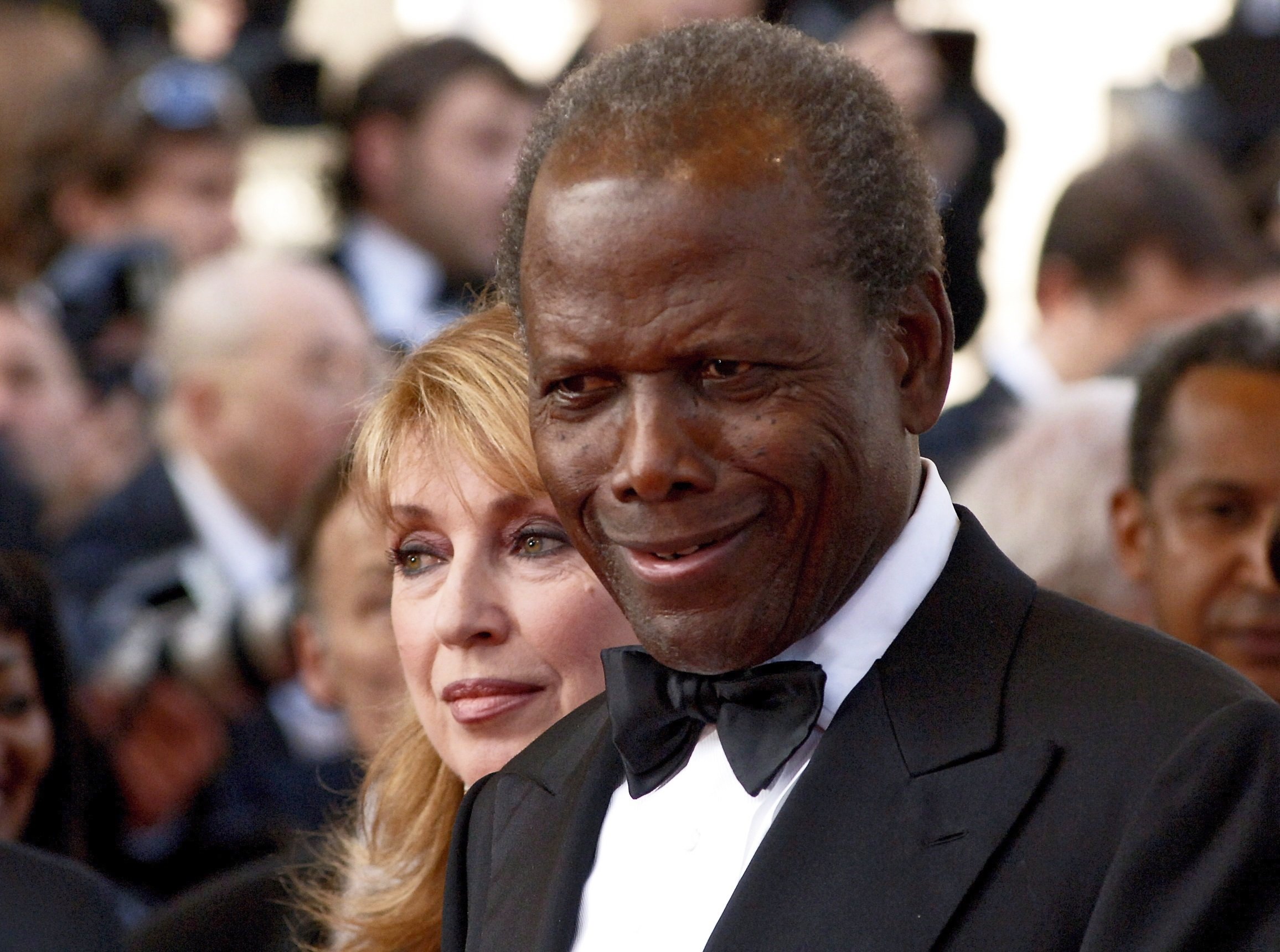The legendary Hollywood actor Sidney Poitier died this Friday at the age of 94, as newspapers in the Bahamas reported. The Bahamian actor, film director, activist and diplomat was the first black performer to win an Oscar for Best Actor for his role in Lilies of the Field in 1964. Poitier was a star of Hollywood films and US stage plays that consciously challenged racial stereotypes, and he blazed the trail for black actors to have a dramatic credibility that the white establishment had previously denied.
Later, in 1967, he starred in three massively successful films: To Sir With Love, In the Heat of the Night, and Guess Who's Coming to Dinner, which set the box office record for that year. In addition to his role as an actor, Poitier stood out for his activism in the struggle for black civil rights in the US. For that work, president Barack Obama awarded him the 2009 Presidential Medal of Freedom, the highest civilian honour in the United States.
Bold denouncement
Two of his most memorable roles saw him cast in the classroom: his breakthrough performance in the 1955 film Blackboard Jungle, as Gregory Miller, a student at an interracial inner city school; and To Sir, With Love, when he played an engineer who takes on a job teaching a class of white students in London's East End. In that same year, when the US exploded in a summer of race riots, was Guess Who’s Coming to Dinner, a bold denouncement of racism, which presented an interracial couple at a time when marriage between blacks and whites was still illegal in 17 US states.
The ground for these roles had been laid by his earlier recognition, with his 1964 Oscar for the comedy Lilies of the Field. However, at that time Poitier himself was concerned that the industry was celebrating him as its "token black", and that socially challenging roles would not be offered to him.
Off screen
As a Bahamas citizen, Poitier received a knighthood in 1974. Sir Sidney was the Bahamas' ambassador to Japan from 1997 to 2007 and also to UNESCO. In 2012, the bridge to Paradise Island in the Bahamas was named in his honour, in a ceremony at which the then-prime minister Perry Christie explained that while Poitier was the world's most famous Bahamian of all time, the bridge was named after him because of his philanthropy in the Bahamas and the "great things he had done, both on and off screen throughout his life."
"You played against the stereotype, and in so doing so, you broke it," Christie said. "In three of your portraits, in one film after another, you gave personal witness to the humanity, dignity, pride, and self-esteem of the black man."

